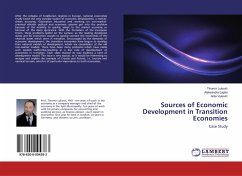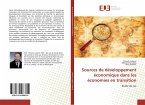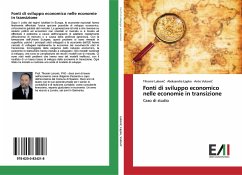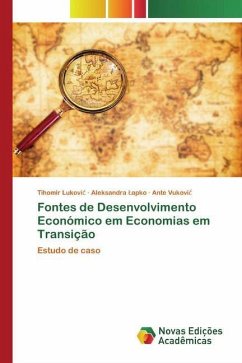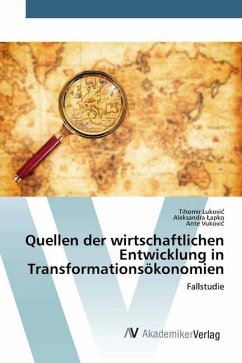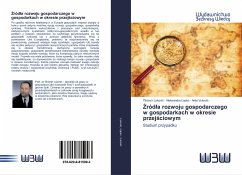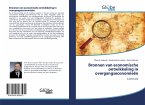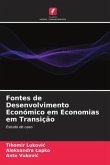After the collapse of totalitarian regimes in Europe, national economies finally faced the only possible option of economic development, a market-driven economy. Generation educated and working on non-market-oriented ethatist political and economic systems got into the problem because of the inability to quickly adapt to the market economy or because of the deep ignorance. With the formation of the European Union, these problems spilled on the surface, as the leading developed states and EU economies sought to quickly connect the economies of the new/old states which were in transition. Encouraged by the demands of economic development, the transition economies have begun to develop their national models of development, which are compilation of the old non-market models. There have been many problems which have made such models ineffective,resulting in a low rate of development of economies in transition. Each state started its way building a kind of development model. This issueis very topical, so it would be interesting to analyze and explain the example of Croatia and Poland, i.e. tourism and nautical tourism, which is of particular importance to both economies.
Hinweis: Dieser Artikel kann nur an eine deutsche Lieferadresse ausgeliefert werden.
Hinweis: Dieser Artikel kann nur an eine deutsche Lieferadresse ausgeliefert werden.

